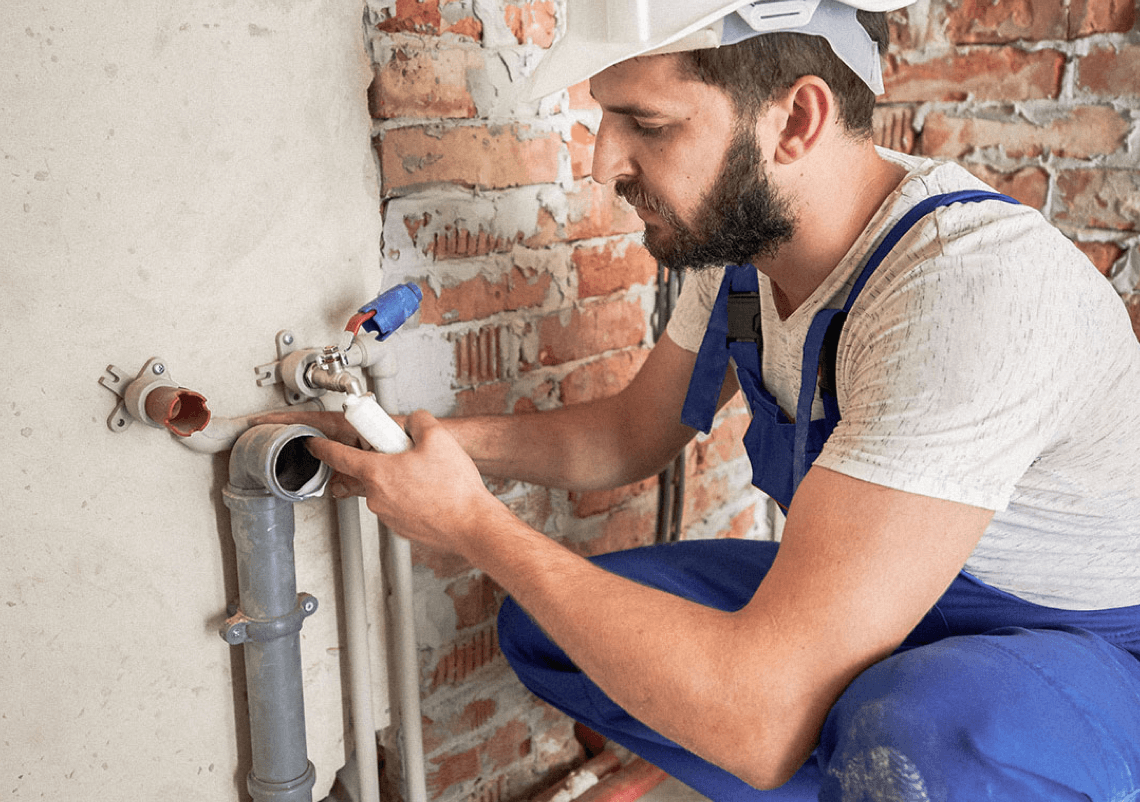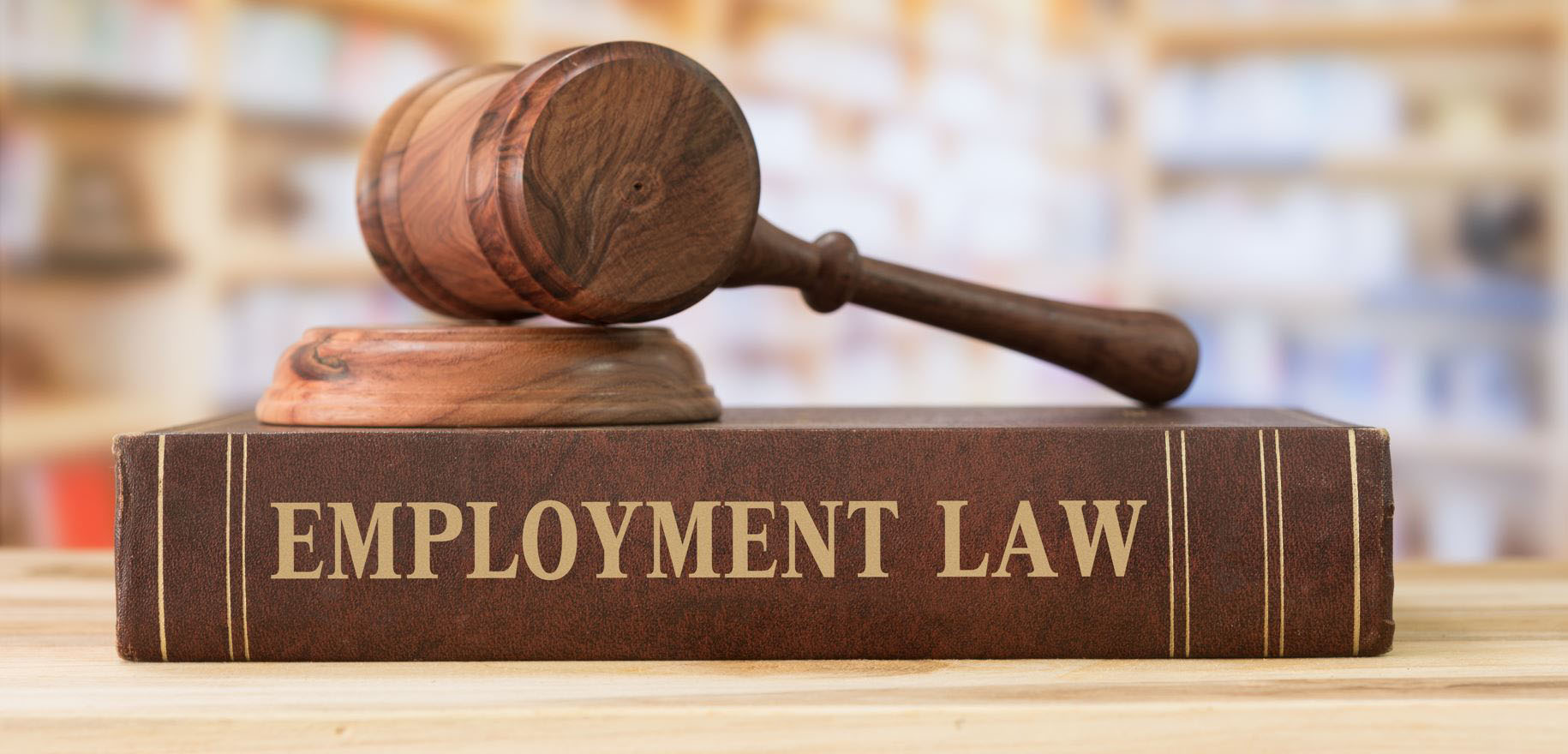Welcome to our comprehensive guide on essential plumbing tips for every homeowner. Whether you’re dealing with minor repairs or preparing for bigger renovation projects, understanding how to manage your home’s plumbing can save you time, money, and unnecessary stress. This post is designed to walk you through some of the most pivotal aspects of plumbing maintenance and problem-solving.
While many issues might prompt a call to a professional plumber, empowering yourself with basic know-how can help you prevent or mitigate common plumbing problems. From recognizing early warning signs of damage to knowing how to handle emergency leaks, these Top Plumber Tips will help keep your home’s water flow ideal and interruption-free. Let’s dive into some invaluable insights that will make you more informed and prepared as a homeowner.
Know Your Home’s Plumbing System
One of the first steps in effective plumbing management is understanding the layout and components of your home’s plumbing system. Familiarize yourself with the main water shut-off valve, as well as other shut-off points for toilets, sinks, and appliances. This knowledge can be crucial in preventing water damage during a leak or when making repairs. https://alltopstartups.com/2024/09/04/when-do-you-need-a-plumber/ can also help in maintaining the longevity of your plumbing system.
Additionally, knowing what each part of your plumbing system does can assist in early diagnostics and communicating effectively with professionals when you do need to make that call for help. Regular checks on visible pipes and connections can alert you to risks like corrosion or damage early on.

Regular Maintenance is Key
Avoiding major plumbing disasters starts with regular maintenance. Preventative strategies such as cleaning out drains, inspecting pipes for leaks, and ensuring toilets are running properly not only extend the life of your plumbing but also help you save on water bills and costly repairs. A simple routine check-up can detect issues that, if left unattended, could escalate into significant problems.
Scheduling an annual inspection by a professional plumber can also be a proactive approach to ensure everything is in working condition. They can handle tasks that require more technical expertise, such as pressure tests to pipes and examining sewer lines for potential problems.
Don’t Ignore Small Problems
Small puddles near the dishwasher or slow draining sinks are not just minor annoyances; they could be signs of a larger issue lurking within your plumbing system. Addressing issues as they arise prevents larger complications down the road. For instance, a slow drain could indicate a blockage that might eventually lead to sewage backup.
Catching these problems early often results in easier and less expensive repairs. Frequent attentiveness will keep your plumbing in optimal condition and help avoid emergency situations where damage control becomes costly and extensive.
Understanding What Not to Flush
Knowing what should not go down your drains is essential for maintaining healthy plumbing. Common items like wet wipes, hygiene products, cooking grease, and certain types of food debris can clog pipes and disrupt sewage lines. Educating the entire household on proper disposal practices is key in preventing blockages and maintaining clear pipes.
This preventive tip isn’t just about avoiding inconvenient clogs; it also helps protect the environment from pollution caused by inappropriate waste handling at home. Be mindful of your household waste habits and how they influence your plumbing system and beyond.
Educate Yourself on Basic Repairs
Becoming familiar with basic plumbing tools like wrenches, plunger types, plumber’s tape, and drain snakes can empower you to handle minor repairs without having to call a professional immediately. Understanding how to temporarily stop a leaking pipe or clear a blocked sink can save you both stress and money.
Leverage online tutorials, workshops offered by local hardware stores, or even consult with a plumber willing to share basic repair knowledge. Being proactive about such learning can significantly bolster your confidence in handling typical household plumbing dilemmas.
In conclusion, understanding and maintaining your home’s plumbing is vital for any homeowner keen on preserving their property’s integrity and functionality over time. By following these tips—knowing your system’s basics, conducting regular maintenance, attending promptly to small issues, being conscientious about waste disposal, and acquiring basic repair skills—you’re setting up for fewer emergencies and more peace-of-mind regarding your home’s plumbing health.
This fundamental knowledge not only helps protect your investment but enhances everyday living quality through improved efficiency and prevention-oriented practices. Embrace these insights as part of your overall home care strategy.









